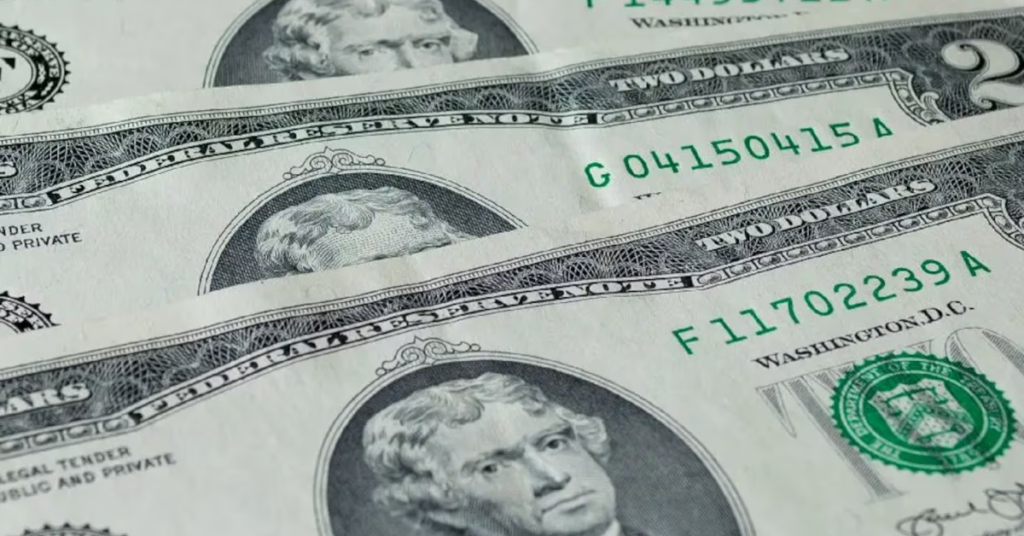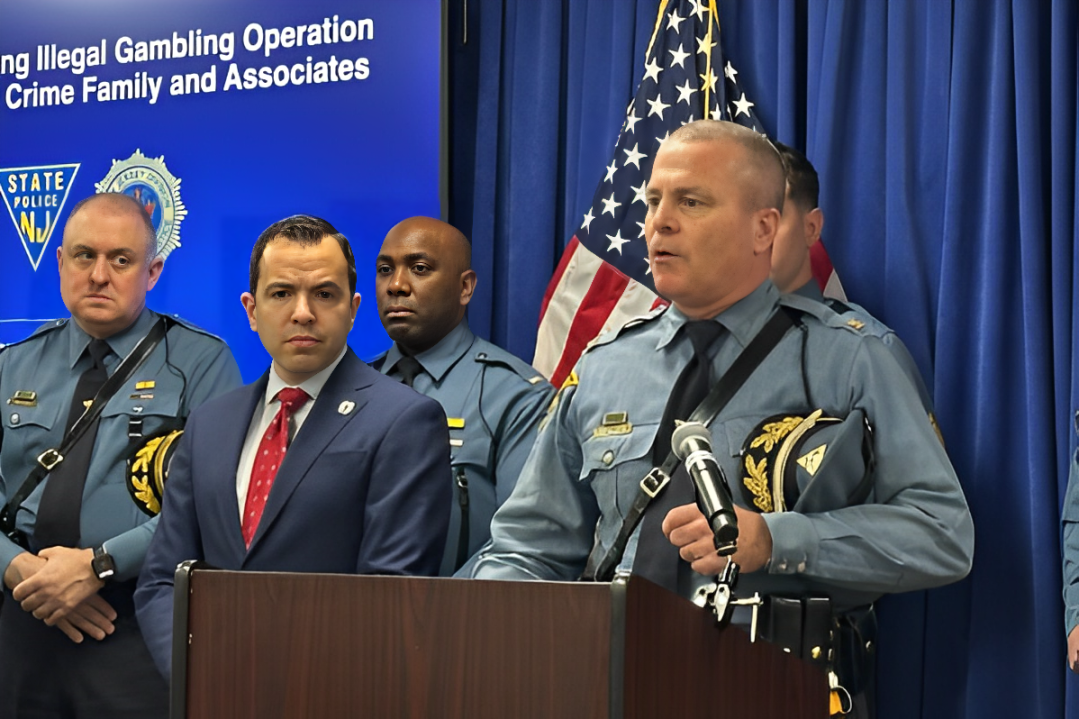A former New Jersey business owner has pleaded guilty to federal charges for fraudulently obtaining more than $3.2 million in Paycheck Protection Program (PPP) loans intended to provide financial support to businesses during the COVID-19 pandemic. This plea marks a significant development in the ongoing efforts to combat COVID-19-related financial fraud, as federal authorities continue to track down individuals who took advantage of the relief programs designed to help struggling businesses during the global crisis.
Daniel Dadoun, 48, an Israeli citizen and former resident of South Plainfield, New Jersey, entered a guilty plea before U.S. District Judge Robert Kirsch. Dadoun faced charges of one count of bank fraud and one count of money laundering, both stemming from his fraudulent attempts to secure PPP funds.
These loans were part of the U.S. government’s response to the economic hardship brought about by the pandemic, which included offering forgivable loans to businesses to maintain their workforce and cover certain operational costs.
The fraud and money laundering charges stem from actions Dadoun took over the course of two years. According to court documents and statements made in court, between April 2020 and August 2022, Dadoun submitted multiple false Paycheck Protection Program (PPP) loan applications to several financial institutions.
In doing so, he provided misleading and fabricated information to both lenders and the Small Business Administration (SBA), which is responsible for overseeing the disbursement of PPP funds. The fraudulent applications included exaggerated employee counts and inflated payroll expenses, both of which played a central role in his success at securing the loans. Additionally, Dadoun submitted altered bank statements and falsified tax documents to further mislead financial institutions into approving his applications for PPP funds.
Once Dadoun secured the loans, he continued his fraudulent activities by submitting loan forgiveness applications, which were designed to ensure the loans would not need to be repaid. In these applications, Dadoun misrepresented the ongoing eligibility of his businesses for the federal relief. The information he submitted was false and did not meet the qualifications needed to have the loans forgiven. These actions were part of a scheme to avoid repayment and profit from the government’s financial support during the pandemic.
The federal charges carry serious consequences. The bank fraud charge, which is related to the false information provided in Dadoun’s loan applications, carries a maximum penalty of up to 30 years in prison.
Additionally, the fine for this charge could reach up to $1 million or twice the amount gained or lost as a result of the offence, whichever is greater. Meanwhile, the money laundering charge, which relates to the manipulation of funds through fraudulent transactions, carries a potential sentence of up to 10 years in prison. The fine for money laundering can be as much as $250,000, or twice the amount of money that was laundered.
This case highlights the ongoing efforts by federal agencies to identify and prosecute those who exploited the economic relief programs. The investigation into Dadoun’s activities was a collaborative effort led by several key federal agencies, including Homeland Security Investigations (HSI) Newark, the IRS Criminal Investigation – New York Field Office, and the Social Security Administration’s Office of the Inspector General. The investigation was conducted under the umbrella of the COVID-19 Fraud Enforcement Strike Force, a specialised initiative created by the Department of Justice to address large-scale fraud related to pandemic relief programs.
The strike force has been instrumental in tracking down and investigating individuals who have misused pandemic-related assistance. Throughout the pandemic, billions of dollars in federal relief were distributed to help businesses, workers, and families.

However, there were significant concerns from the outset about the potential for fraud within these programs, given the speed at which the funds were distributed and the lack of stringent verification processes initially. As the years passed, federal authorities ramped up their efforts to identify and prosecute those responsible for fraudulent activities, and Dadoun’s case is one of many examples of this ongoing effort.
The case has been prosecuted by Assistant U.S. Attorney Katherine M. Romano, who works in the Health Care Fraud Unit in Newark. Romano’s role in the prosecution highlights the complexity of the case and the need for specialised legal expertise in navigating financial fraud cases related to the COVID-19 relief programs. Dadoun’s sentencing is set for August 13, 2025, and he will face the full extent of the law for his actions, which took advantage of a system put in place to help those in need during a global health and economic crisis.
The impact of fraud in the context of pandemic relief is far-reaching. Not only do fraudulent actors divert funds from businesses and individuals who genuinely need help, but they also erode public trust in government assistance programs. For those who follow the law and rely on government support during times of hardship, cases like this one serve as a reminder of the potential dangers of fraud within large-scale financial programs.
In the aftermath of Dadoun’s guilty plea, it is clear that the fight against COVID-19-related financial fraud is far from over. The U.S. government is committed to ensuring that those who intentionally deceive the system and exploit relief funds for personal gain are held accountable. As authorities continue to investigate fraudulent claims and prosecute individuals like Dadoun, the message is clear: misusing public funds will have serious consequences.
For business owners and individuals involved in the PPP loan process, this case serves as a cautionary tale. It underscores the importance of honesty and transparency when applying for government assistance. The consequences of falsifying information or submitting fraudulent claims are severe, as demonstrated by Dadoun’s case, and can result in lengthy prison sentences and substantial fines.
As the legal process continues, businesses and financial institutions are reminded to carefully review and verify loan applications, ensuring that public funds are used appropriately and that those who attempt to manipulate the system are detected and prosecuted.
Ultimately, the goal is to maintain the integrity of federal relief programs and ensure that assistance reaches those who genuinely need it. The fight against fraud in pandemic relief programs remains an ongoing priority for federal agencies, and Dadoun’s case is just one example of how authorities are holding individuals accountable for their actions.
Disclaimer: This article has been meticulously fact-checked by our team to ensure accuracy and uphold transparency. We strive to deliver trustworthy and dependable content to our readers.








